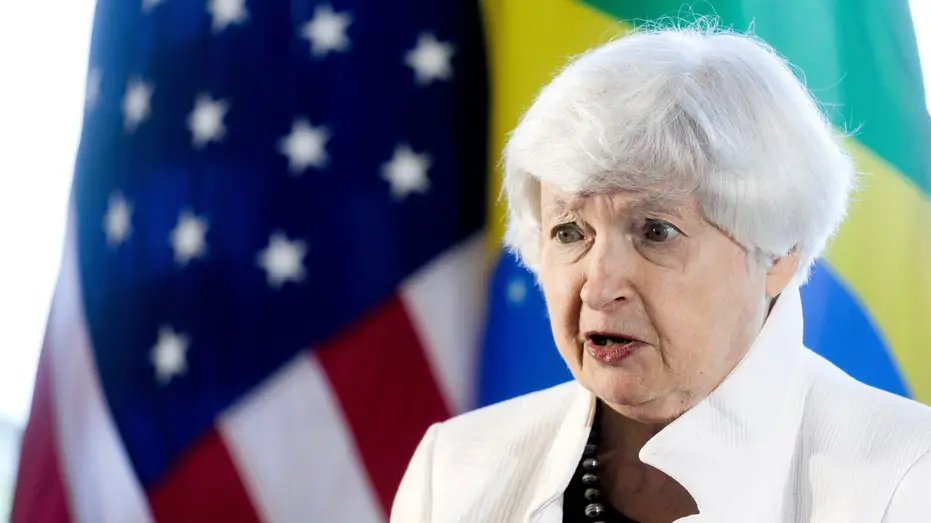On Saturday, U.S. Treasury Secretary Janet Yellen emphasized that transitioning to a low-carbon global economy will require an annual investment of $3 trillion through 2050—far exceeding current funding levels.
Speaking in Belem, a gateway city to Brazil’s Amazon, Yellen highlighted that addressing climate change and preserving biodiversity is not only crucial for environmental reasons but also for economic stability.
Yellen stated that achieving net-zero emissions is a top priority for the Biden-Harris administration, necessitating leadership that extends beyond U.S. borders. “Ignoring climate change and biodiversity loss is not just poor environmental policy; it’s detrimental economic policy,” she said in her speech following the G20 finance leaders meeting in Rio de Janeiro.
In 2022, wealthy nations mobilized a record $116 billion for climate finance for developing countries, with 40% of this funding coming from multilateral development banks (MDBs) such as the World Bank and the Inter-American Development Bank (IDB).
Yellen noted that these banks are now setting new targets to address climate financing needs, which she described as “the single-greatest economic opportunity of the 21st century.” This opportunity could drive sustainable and inclusive growth, especially in countries lacking investment.
During her visit to Belem, Yellen met with finance ministers from Amazon basin countries and IDB President Ilan Goldfajn. She reaffirmed the U.S. commitment to the Amazonia Forever platform, aimed at sustainable development in the region through comprehensive financing and collaboration. Yellen expressed hope that the program would encourage increased private-sector investment in nature conservation.
Additionally, Yellen announced a new initiative with Amazon basin countries—including Brazil, Colombia, Ecuador, Guyana, Peru, and Suriname—to tackle nature crimes such as illegal logging and wildlife trafficking, which threaten the Amazon ecosystem and biodiversity.
She also reiterated her call for MDBs to expand their missions to address climate change, emphasizing the need for substantial private investment and innovative business models to support environmental and economic goals.


